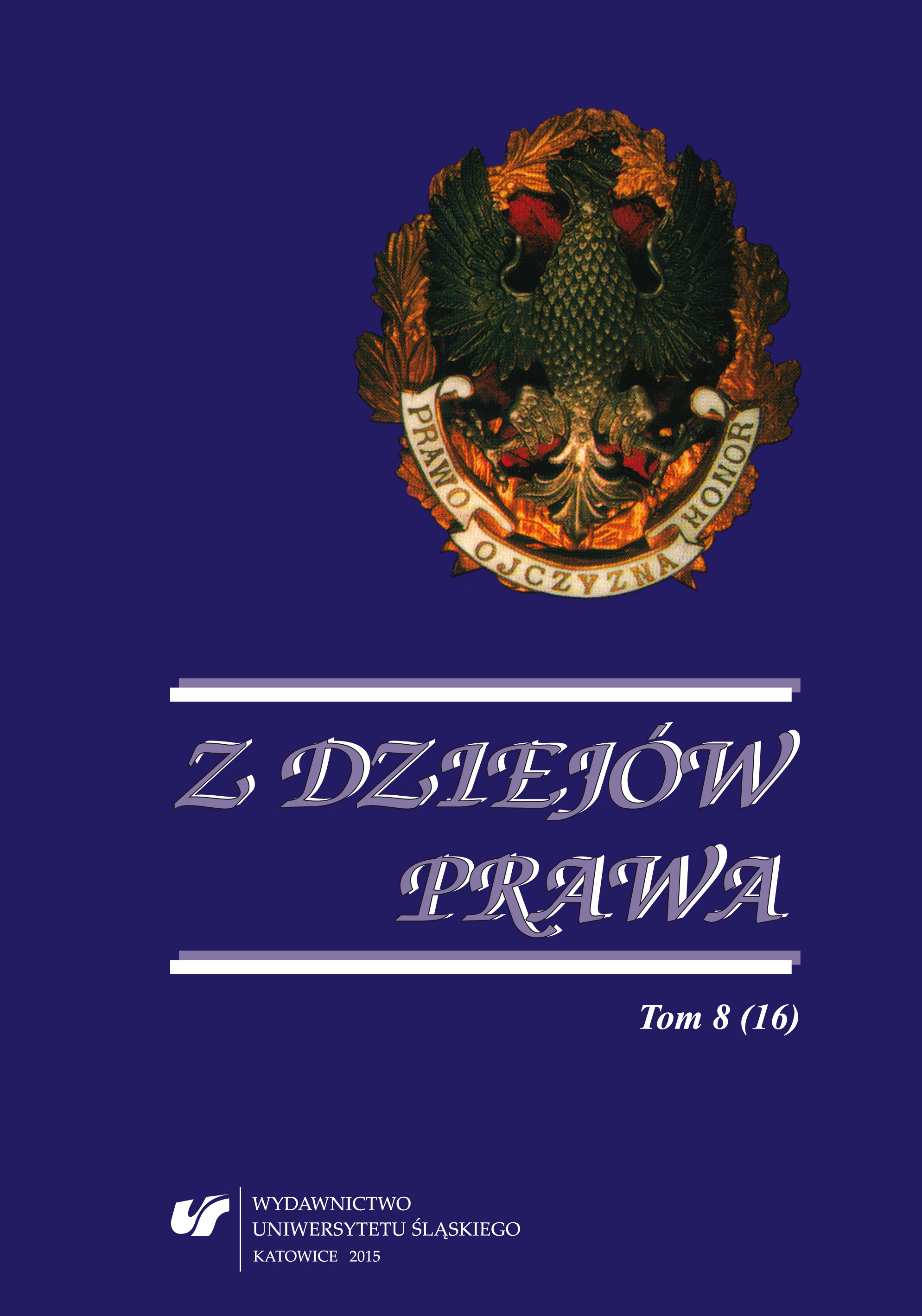Höchstgerichtsbarkeit in Deutschland im 19. und 20. Jahrhundert. Ein rechtshistorischer Rückblick
Constitutional justice and its competences towards the political powers have been discussed since the 19th century in in Europe. Who controls the laws? A court or the legislative itself? In fact the idea that a court might tell the legislation what the constitution (and the law) is (so the Supreme Court of the US) was completely new. In Germany the “Paulskirchenverfassung” of 1849 created such judicial controls by establishing a supreme court (Reichsgericht) with widespread competences (towards the federal and central powers) in the German “Reich”, inclusive the right of every citizen to sue the state before a court on the ground of illegal treatment. The German “Grundgesetz” (Constitution) of 1949 picked up this idea and created a constitutional court (Bundesverfassungsgericht) which became a model for many European constitutions. Where did this belief in the impartiality of a court come from? Not from historical facts, but from hopes in a neutral power. These hopes go back to the Medieval Ages, when the protection of the law (and the people / citizens) belonged to the most important rights and duties of the German Kings and of the Emperor – a right given to him by God himself. Day and night, so the sources tell, the German King Konrad II. (1024-1039) on horseback hastened through the vast Empire to punish the evil-doers and to reward the righteous ones. The priority of the law towards the political powers is the essence of the idea of the German “Rechtsstaat”. This idea is contrary to the thinking in many states, which do not want its parliaments controlled by a court.
More...
